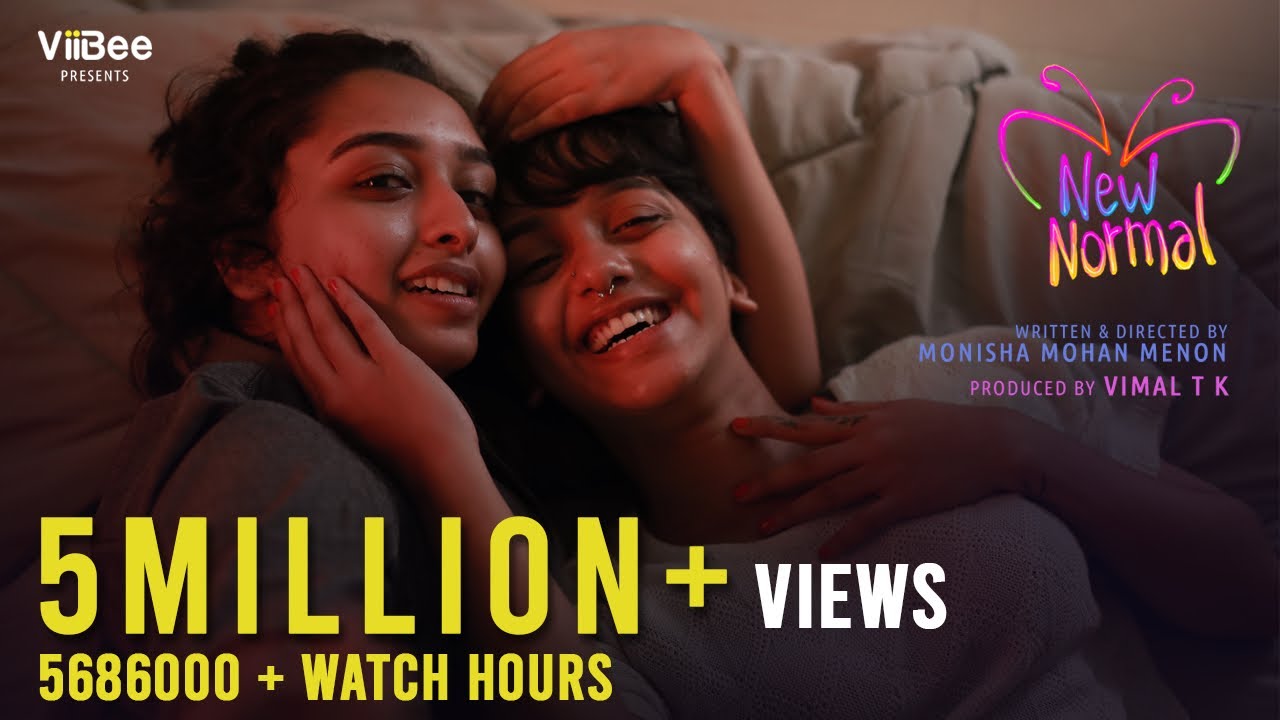THE UNTOLD STORY OF OSCAR LAWALATA - Merdeka Diri!
Summary
TLDRIn this heartfelt transcript, a transgender individual shares their journey of self-discovery and the complexities of navigating identity within familial and societal contexts. They discuss the distinction between love and marriage, emphasizing that true love should not require security or societal validation. The speaker reflects on the challenges of being misunderstood by their family, the importance of open-mindedness, and the need for better representation of transgender people in media. Ultimately, they advocate for acceptance and understanding, stressing that identity is a personal journey that defies societal norms and expectations.
Takeaways
- 🌈 The speaker identifies as transgender and expresses the uniqueness of their personal experience, emphasizing that understanding requires empathy and effort.
- 💔 There is a tension between the speaker's identity and their family's understanding, highlighting the challenges of being accepted as a transgender person.
- 👪 The speaker acknowledges their family members' attempts to be open-minded but notes that true understanding takes time and shared experiences.
- 🗣️ Effective communication is essential in navigating relationships, especially when discussing complex topics like gender identity.
- ⚖️ The speaker differentiates between marriage and love, suggesting that marriage is a legal contract while love is a deeper, more intrinsic connection.
- 💭 Love, according to the speaker, should be free from societal constraints and materialistic motivations, emphasizing its pure essence.
- 🌍 The speaker believes in the diversity of human identities and argues against rigid gender norms, advocating for acceptance of various expressions of identity.
- 📺 Media representation of transgender individuals often perpetuates stereotypes; the speaker calls for more serious and positive portrayals in television.
- 🤝 The speaker encourages patience and understanding from family members while affirming their own strength in embracing their identity.
- 🌱 Personal growth and self-acceptance are essential in the journey of understanding one's gender identity, which can take years of introspection.
Q & A
What is the speaker's perspective on the difference between marriage and love?
-The speaker believes that marriage is a legal contract ('a piece of paper'), while love is a deeper emotional connection that should be unconditional and not bound by societal expectations.
How does the speaker describe their identity as a transgender individual?
-The speaker identifies as transgender and emphasizes their unique journey of self-acceptance, acknowledging that they have known their identity from a young age.
What role does family play in the speaker's experience?
-Family plays a complex role in the speaker's life. They express gratitude for their mother's and sibling's open-mindedness, while also acknowledging the challenges of being understood by them.
How does the speaker convey their feelings about societal perceptions of transgender individuals?
-The speaker critiques societal stereotypes, stating that transgender individuals are often viewed in a narrow context, such as being seen as comedic or superficial, and they advocate for more serious and nuanced representations.
What metaphor does the speaker use to describe love, and what does it signify?
-The speaker uses the metaphor of sand to describe love, stating that if you grasp it tightly, it slips away, but if you hold it gently, it remains. This signifies the importance of allowing love to exist freely without pressure.
What challenges does the speaker face in communicating their identity to others?
-The speaker mentions that they must navigate conversations carefully, as different individuals have varying degrees of understanding and openness regarding gender identity.
How does the speaker feel about the process of acceptance from their family?
-The speaker recognizes that acceptance from their family is a process, and while they sometimes feel pain from misunderstandings, they remain hopeful that their family will eventually understand them better.
What does the speaker believe is necessary for effective communication about identity?
-The speaker believes that effective communication requires empathy, understanding, and a willingness to see things from different perspectives, especially when discussing complex issues like gender identity.
How does the speaker relate their personal struggles to broader societal issues?
-The speaker connects their personal struggles with the broader societal challenges faced by transgender individuals, particularly the stigma and misunderstanding prevalent in media and society.
What is the speaker's ultimate hope regarding their identity and acceptance?
-The speaker hopes for a future where society embraces diversity and love in all its forms, leading to greater acceptance and understanding of transgender individuals and their experiences.
Outlines

This section is available to paid users only. Please upgrade to access this part.
Upgrade NowMindmap

This section is available to paid users only. Please upgrade to access this part.
Upgrade NowKeywords

This section is available to paid users only. Please upgrade to access this part.
Upgrade NowHighlights

This section is available to paid users only. Please upgrade to access this part.
Upgrade NowTranscripts

This section is available to paid users only. Please upgrade to access this part.
Upgrade NowBrowse More Related Video
5.0 / 5 (0 votes)





